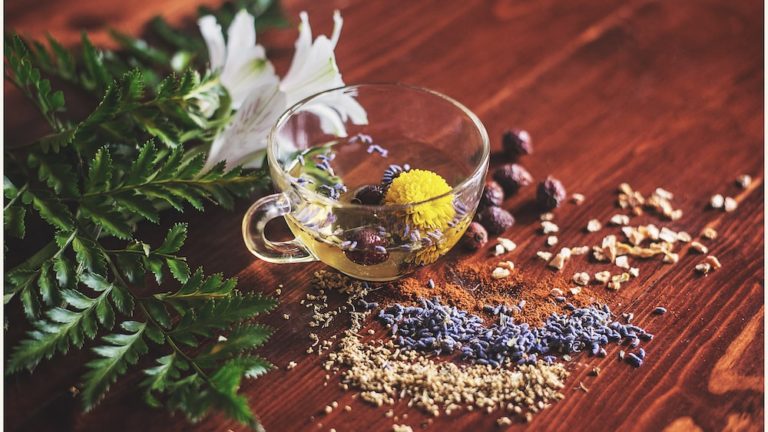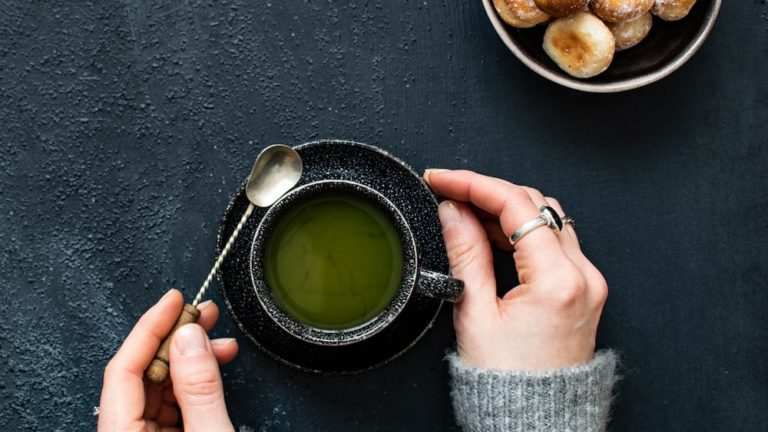The Ultimate Guide To Black Tea In Pregnancy
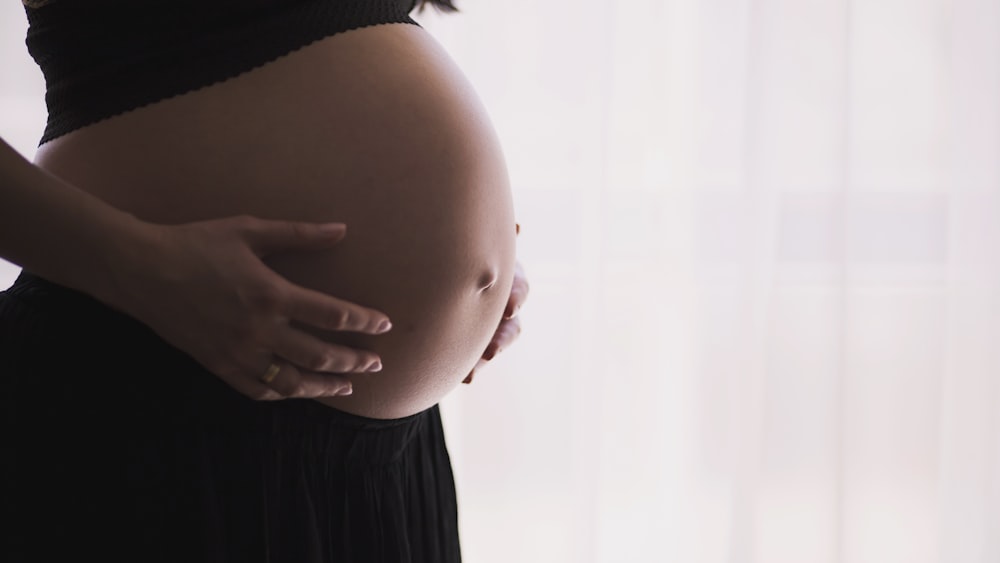
The Ultimate Guide To Black Tea In Pregnancy
Navigating the maze of do’s and don’ts during pregnancy can feel like trying to solve a Rubik’s Cube blindfolded. Especially when it comes to what you eat and drink, the advice seems endless. In the intersect of wellness rituals and pregnancy, black tea emerges as a subject draped in curiosity and caution. Research flickers like a lighthouse in the fog, guiding expectant mothers through the murky waters of beverage consumption. This article plunges into the depths of black tea in pregnancy, unearthing the treasures of its safety, health benefits, and risks.
Key Points:
- Black tea can be consumed during pregnancy in moderation, considering its caffeine content.
- Different types of black tea contain varying amounts of caffeine.
- Excessive caffeine intake from black tea during pregnancy can have negative effects such as low birth weight and increased risk of miscarriage.
- Black tea may reduce iron absorption due to tannins, impacting both the mother and baby.
- Recommended daily caffeine intake during pregnancy is around 200mg, allowing for 1-2 cups of black tea per day.
- Herbal teas like ginger, peppermint, and raspberry leaf can be safer alternatives to black tea during pregnancy.
- Consult healthcare providers regarding black tea consumption if taking medications or supplements during pregnancy.
Imagine, if you will, a world where your morning cup of tea whispers secrets of antioxidants and a pinch of caffeine – a sip in the direction of awakened senses and embraced traditions. Yet, when pregnancy enters the stage, this humble cup garners looks of either skepticism or endorsement, depending on who you ask. It becomes not just a beverage, but a vessel of questions: How much is too much? Can this leaf-infused elixir align with the rhythms of pregnancy? We invite you to journey with us as we steep in the science and stories surrounding black tea during pregnancy.
The Safety of Black Tea During Pregnancy
The brewing question amongst pregnant women and their healthcare providers is the safety of consuming black tea during pregnancy. It’s akin to navigating a tightrope; balance is key. The main concern centers around caffeine content. However, with mindful formulation and adherence to recommended limits, black tea can be incorporated into a pregnancy diet in a way that respects both tradition and health.
Understanding Caffeine Content in Black Tea
Caffeine levels in black tea can be as vast and varied as the colors of tea leaves under the sun. Here’s a sneak-peek into the caffeine tapestry of black tea, framed within a table of comparison.
| Black Tea Type | Caffeine Content per 8oz (Approx.) |
|---|---|
| Traditional Black Tea | 40-70 mg |
| Earl Grey | 55-90 mg |
| English Breakfast | 60-90 mg |
| Chai | 50-70 mg |
This table serves as a guiding compass, illustrating that not all black teas pour the same amount of caffeine into your cup. It’s crucial for pregnant women to monitor their caffeine intake from all sources, ensuring it aligns with health directives.
Understanding the varying caffeine levels in different types of black tea is essential for managing overall caffeine intake, especially for pregnant women.
How Black Tea Affects Pregnancy
Navigating the realm of black tea during pregnancy unwraps layers of impact on both mother and baby. Here’s a glimpse into how black tea engages with pregnancy:
- Caffeine metabolism slows down: Pregnant women process caffeine slower, letting it linger longer in the system.
- Might reduce iron absorption: Black tea, brimming with tannins, could hinder the assimilation of iron – a critical mineral for both mother and baby.
Observing these effects, it’s evident that black tea ushers in discussions that go beyond the brewing time. It prompts pregnant women to ponder on amounts and effects, ensuring their tea ritual harmonizes with their journey.
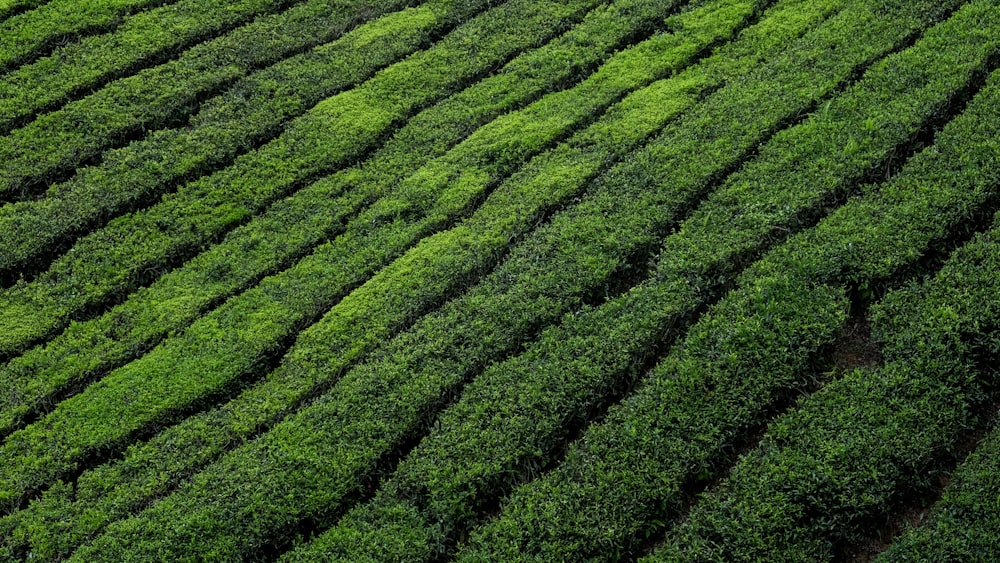
Health Benefits and Risks
Wading through the waters of black tea consumption during pregnancy unveils a complex coastline of benefits and risks. It’s a narrative of nourishment and caution, where the leaves of this age-old beverage whisper tales of wellness, shadowed by the flickers of risks.
Potential Health Benefits of Black Tea for Pregnant Women
Amidst the narratives of caution, black tea carries a cache of potential benefits for those navigating the seas of pregnancy. Antioxidants in black tea are like Lighthouse keepers, guiding ships through stormy weathers of cellular stress. These compounds wage a silent war against inflammation and bolster the body’s fortification against diseases.
Moreover, the moderate caffeine content, when kept within prescribed bounds, can safeguard against the slumps of fatigue – a common accompaniment of pregnancy. It’s almost like having a pocket-sized lighthouse, illuminating the foggy mornings of first-trimester nausea with a gentle lift of energy. Engaging with black tea through the lens of moderation can thus unfurl whispers of vitality and wellness, catered gently to the needs of pregnancy.
Risks and Side Effects of Consuming Black Tea in Pregnancy
When it comes to pregnancy, the safety of consuming black tea garners special attention due to its caffeine content and potential side effects. Let’s dip into the heart of the matter, shall we?
First things first, excessive caffeine consumption during pregnancy can lead to unwanted health implications. It might be like trying to play a lullaby on an electric guitar – not quite the soothing effect you’re going for. Research indicates that high caffeine intake can affect fetal growth, potentially leading to low birth weight. Additionally, there’s a caffeinated elephant in the room – the increased risk of miscarriage associated with high caffeine intake during the first trimester.
- Increased risk of miscarriage and preterm labor
- Possible reduction in birth weight
- Can disrupt sleep patterns in pregnant women
- May cause heartburn or indigestion
Now, I’m not saying that enjoying a cup of black tea now and then is akin to inviting chaos into your pregnancy. But, it’s like adding another spoonful of sugar to your tea; moderation is key. The effects of caffeine on pregnancy are well-documented, indicating that while a cup might be fine, a whole pot is probably overdoing it.
Excessive caffeine consumption during pregnancy can lead to unwanted health implications, such as an increased risk of miscarriage and preterm labor.
Interactions with Medications and Supplements
It’s important to note that black tea can be a bit of a social butterfly when it comes to interacting with other substances in the body during pregnancy. Sometimes, this leads to beneficial synergies, and other times, well, it’s like mixing stripes with polka dots – a risky fashion move. Therefore, understanding how black tea interacts with medications and supplements isn’t just smart; it’s crucial.
- Iron absorption: Black tea can inhibit the body’s ability to absorb iron, which is a critical mineral during pregnancy. This could lead to anemia if you’re not careful.
- Stimulant medications: Combine black tea with certain stimulant medications, and you might end up with heightened anxiety or increased heart rate – kind of like putting two over-enthusiastic drummers in the same band.
- Blood thinners: Black tea contains vitamin K, which can interfere with the effects of blood-thinning medications, potentially complicating situations where clot prevention is key.
In the orchestra of pregnancy care, ensuring harmony between different players is essential. If you’re taking specific medications or supplements, a quick chat with your doctor can help you avoid hitting a sour note by combining them with black tea.
Guidelines for Consuming Black Tea When Pregnant
Determining just how much black tea is safe during pregnancy can feel like trying to estimate how many leaves are in your tea bag without opening it – a tad tricky, but not impossible. Remaining aware of caffeine intake is the linchpin in this process.
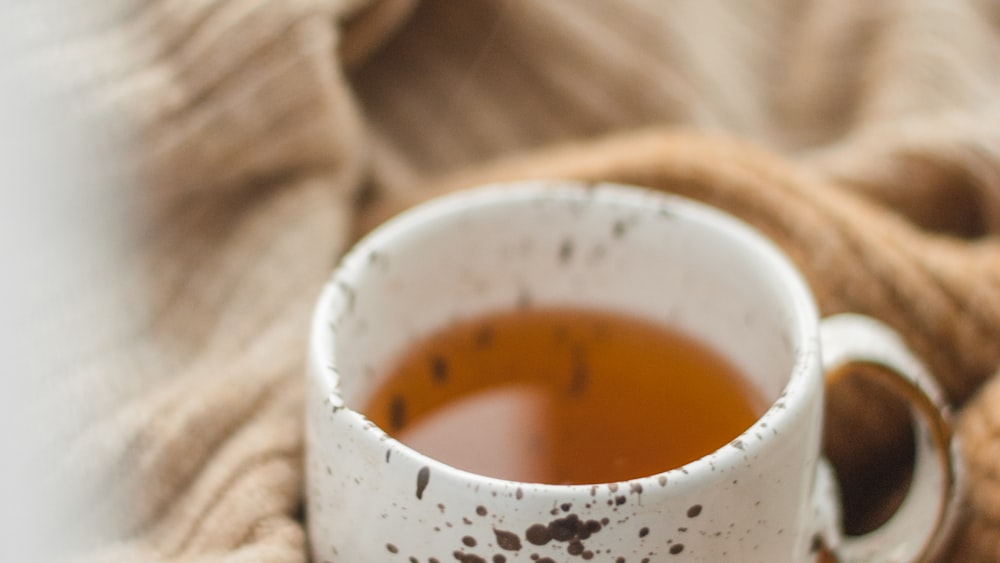
Recommended Daily Intake of Black Tea During Pregnancy
The sweet spot for daily caffeine intake during pregnancy, according to various health organizations, hovers around 200mg. Considering that a single cup of black tea typically contains between 40-70mg of caffeine, doing the math leads us to an interesting point.
This means that 1-2 cups of black tea a day can usually fit comfortably within these guidelines. However, it’s like balancing a teacup on a stack of books; careful consideration is necessary to prevent it all from tumbling down. Adjusting consumption based on other caffeine sources and personal tolerance levels ensures a safe balance is maintained.
Tips for Reducing Caffeine Intake
If you’re a tea aficionado facing the bittersweet task of cutting back on caffeine during pregnancy, fear not. Several strategies can help soften the blow, like finding a decaffeinated version of your favorite black tea or opting for a shorter brewing time to reduce caffeine levels.
- Choose decaffeinated black tea varieties for similar taste without the caffeine.
- Limit brewing time: Shorten the steeping time to lessen caffeine extraction.
- Dilute: Mixing brewed black tea with hot water can lower the overall caffeine content.
- Switch to herbal teas: Many herbal teas offer intriguing flavors with negligible caffeine.
Finding ways to reduce caffeine intake during pregnancy, such as opting for decaffeinated black tea or herbal teas, can help tea lovers navigate this challenging adjustment.
Alternatives to Black Tea for Pregnant Women
As the saying goes, variety is the spice of life, and this holds especially true when exploring caffeine-free alternatives to black tea during pregnancy. Herbal teas, in particular, offer a kaleidoscope of flavors and potential health benefits without the caffeine jitters.
- Ginger tea: Known for easing nausea and morning sickness, and is generally considered safe during pregnancy.
- Peppermint tea: Can help with digestion and relieve symptoms of indigestion and nausea.
- Raspberry leaf tea: Often heralded for toning the uterus and preparing the body for labor, although best saved for the third trimester upon healthcare advice.
- Lemon balm tea: A soothing herb that can help reduce anxiety and foster relaxation without compromising the safety of pregnancy.
FAQs
1. How much black tea is safe during pregnancy?
Determining the safe amount of black tea during pregnancy can vary, but general guidelines suggest limiting caffeine intake to less than 200 mg per day. Given that black tea can contain about 25 to 48 mg of caffeine per 8-ounce serving, one or two cups per day should be within safe limits, provided no other significant sources of caffeine are consumed.
2. Can black tea cause miscarriage or preterm labor?
The relationship between black tea consumption and the risk of miscarriage or preterm labor isn’t direct. However, excessive caffeine intake, above 200 mg per day, has been linked to an increased risk of both outcomes. Moderation is key, as staying within the recommended caffeine limits can help mitigate these risks.
3. Are there herbal teas that are safer alternatives during pregnancy?
Yes, there are several herbal teas that are considered safer alternatives during pregnancy, such as ginger tea and raspberry leaf tea, which can even offer some pregnancy-specific benefits like easing nausea and preparing the uterus for labor. However, it’s crucial to avoid herbs with potential risks and consult with a healthcare provider before adding new herbal teas to your routine.
4. How does black tea interact with pregnancy medications?
Black tea can interact with certain pregnancy medications, particularly those that are metabolized by the liver. Caffeine in black tea can also affect the absorption and effectiveness of some vitamins and minerals important during pregnancy. It’s always advisable to discuss with a doctor before consuming black tea if you’re taking any medications.
Conclusion
Navigating the world of tea during pregnancy can feel like trying to find your way through a dense fog on an unfamiliar trail. But when armed with robust information and a clear understanding of what’s safe, you can indeed enjoy your beloved brew without crossing the boundaries that could potentially harm you or your little bundle of joy. It’s all about striking that perfect balance – enjoying the rich aroma and taste of black tea while staying firmly within the safety guidelines of caffeine consumption. Remember, when it comes to black tea in pregnancy, moderation and mindfulness are your best companions on this journey. I hope this guide lights up your path and makes your pregnancy journey a tad easier and more enjoyable.
Stay well, sip responsibly, and may your pregnancy be as smooth as a well-steeped cup of your favorite tea.
With warmth and a sprinkle of tea leaves,
Zoe

